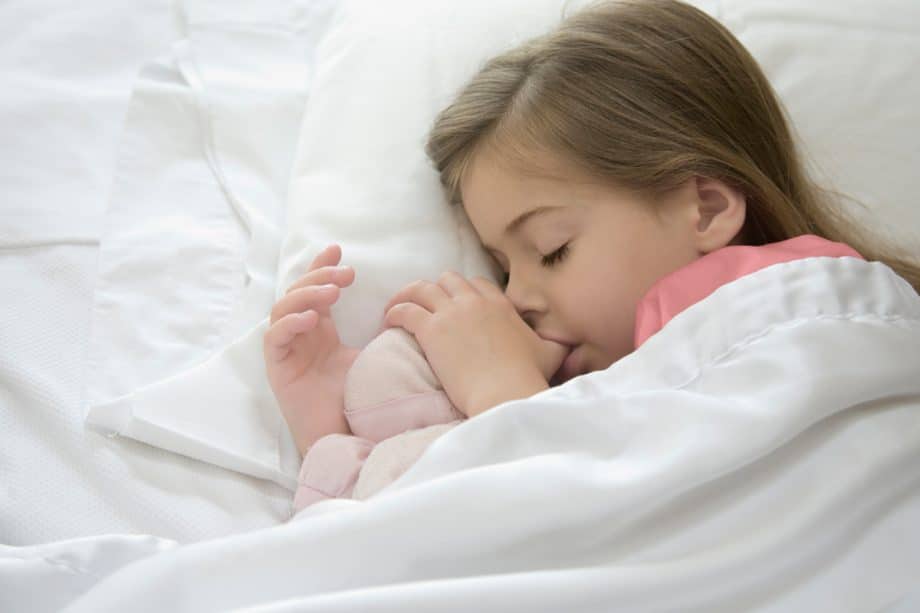All children lose their baby teeth. The process usually starts around the age of 6. Here are some of the signs that your child is about to lose their teeth, and what that entails.
As parents, you likely recognize losing baby teeth as another milestone in your child’s development, just like learning to talk, taking first steps, and learning how to read. Some parents may feel a bit concerned about a child losing baby teeth, but it shouldn’t bother you. After all, the process is completely normal, and is indeed another milestone to be celebrated, just like a first visit to your dentist when your child is just a toddler.
Losing Baby Teeth
While typically, baby teeth begin to fall out around age 6, the process can be as much as a year later to begin. Baby teeth loosen gradually to fall out and make room for your child’s permanent teeth. It’s essentially painless and teeth usually fall out on their own. However, if that tooth is lingering on by a thread for many weeks, your kids can wiggle them out of their mouths on their own, without pulling with too much force to do so.
Does Losing Baby Teeth Hurt?
Losing baby teeth doesn’t hurt at all. But, when your child’s permanent molars start coming in, that can cause discomfort. Gums look swollen, and some children will complain. To alleviate this discomfort, should it occur, you may want to give your child an appropriate analgesic such as children’s ibuprofen. If your child is avoiding food due to sensitivity and discomfort as molars come in, you can switch to healthy soft foods like soups or pureed veggies or fruit.
What Should I Do When My Child’s Baby Teeth All Fall Out?
If you’re worried about what to do if all your children’s baby teeth fall out and your child is toothless for a few weeks, don’t be concerned. It’s a normal process. Be assured that your child’s new permanent teeth will start erupting so your child will have a healthy looking smile again.
But, as a parent, you should be aware that being toothless for a short time can occur. And during the whole process of your child losing baby teeth and growing in permanent teeth, you should help your child to eat well and practice good dental care.
Oral Hygiene is Important
Be sure to encourage your child to brush teeth and floss twice a day even while losing their baby teeth. Good oral care shouldn’t stop because your child is losing those baby teeth. If needed, you can help your child floss to make sure no food particles or debris is stuck between teeth.
And of course, be sure to give your child healthy snacks and meals, limiting sugary treats and discouraging the use of hard candies and sticky candies like taffy.
Regular Dental Visits Are Important
Along with healthful foods and encouraging good at-home dental care, be sure to schedule regular visits to your child’s dentist. This is especially important as your child loses baby teeth, to be certain your child’s new teeth are growing in straight and healthy.
Ready to Schedule an Appointment?
If you’re ready to schedule an appointment for a pediatric dental visit for your child, or to find out more about baby teeth and developing permanent teeth, reach out to us today. We’re ready to help!

